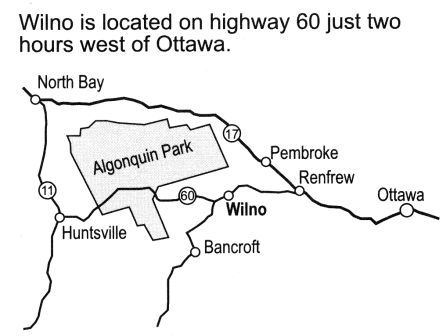Merged:
Babuś and buś as male derivative words from babusia and busiaI will start with the simple and obvious case of "babusia". This word has been in Polish dictionaries for ages, along many other endearing forms. But then the "anti-busia" propaganda trio here somehow tried to single out "babusia/busia" as a Ukrainian word and run with it through many threads. Actually "babusia" appears in Polish literary language as well, not just dialects. For example:
Jan Kasprowicz, "Z Chałupy"[1887], VII (poetry)
Ewa Szelburg-Zarembina "Dla dziadziusia, dla babusi" (children poetry)
Bronisław Teodor Grabowski "Babusia" (stories)
"Babusia" is also part of many dialects, including those from Western and Northern Poland, disconnected from Ruthenian regions as much as they could be. See for example "Gwary polskie", Dialekt wielkopolski, Wielkopolska Południowa: gwarypolskie.uw.edu.pl/index.php?option=com_content&task=vi ew&id=825&Itemid=17
But here is something even more interesting:
kaszubi.pl, Teki Kociewskie, zeszyt 1, Hanna Makurat,
Babuś and buś of Kociewie region.According to "The language atlas of Kashubian and of the neighbouring dialects"[1, p. 234] the following forms are the counterparts of the nationwide word "dziadek" (grandfather) in the Kociewie area: babuś, buś, lól, lólek, opa, opapa, starusz(e)k, dziad(e)k, dziadul, dziadul(e)k , dziadzia, dziadzio, dziaduś, dziadziuś. Most of these forms are also evidenced in other Polish dialectal areas. Only the words babuś, buś are limited to the Kociewie region and - to some lesser extent - to the neighbouring areas: southern Kaszuby, Kaszuby-Krajna border and Tuchola area.
Etymology of the words babuś, buś (grandfather) should be connected with the Old Slavonic core "bab" (derived from "baba"). According to Aleksander Brückner[2], the original form of "baba", initially did not have any strict meaning, and it underwent multiple transformations in various Slavic languages and dialects - created from various diminutive and hypocoristic forms.
Babuś (grandfather) of Kociewie region is the derivative form created from the feminine babusia (grandmother). On the other hand the word busia (grandma), derived from hypocoristic form of babusia (grandmother), became the basis for the creation of derivative buś (grandfather). Derivatives babuś, buś are one of the very few examples in the history of Polish and Kashubian languages and their dialects where male forms have been created from the female ones.
Analogous processes occur in
Kashubian dialects: from the form babusia (grandmother) the derivative word babuś (grandfather) was formed, and beside the word busia (hypocoristic of babusia) other related female forms appear: buš'a and its diminutive form buš'ka. From the latter the male form buš'k (grandfather) has been derived, as well as buš'kov'e' (grandparents) , and buš'kov'izna ( supporting grandparents for life).
The following may, or may not, be in any connection to Polish-American "busia". First Kashubian pioneers settled in Renfrew County, Ontario in 1858, where their descendants still reside, around the village of Wilno - altogether 9,380 Poles/Kushubs in 2001.
wilno.org
ottawa.polemb.net/index.php?document=152
[1] Atlas językowy kaszubszczyzny i dialektów sąsiednich, oprac. przez zespół Zakładu Słowianoznawstwa PAN, pod kierunkiem Z. Stiebera, z. V, cz. I Mapy, Wrocław 1968, mapa 234.
[2] Aleksander Brückner, Słownik Etymologiczny języka polskiego/baba, Kraków 1927
pl.wikisource.org/wiki/Słownik_etymologiczny_języka_polskiego/baba

wilno.jpg
